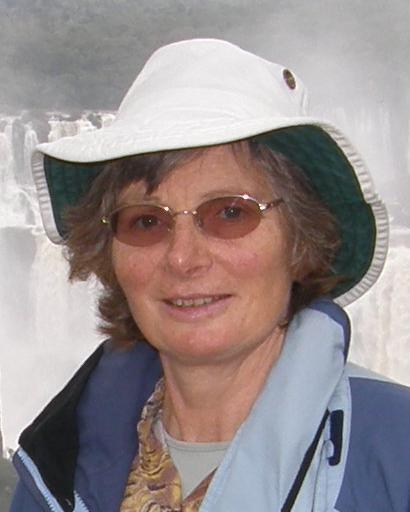dr. Jens Haugan
Teaching in higher education isn’t always that “fun” because of the simple fact that in many cases attending classes isn’t mandatory. More and more students grasp this opportunity to study certain subjects while working full time – which is good for higher education in general. But the result might be that despite of full-signed classes the classrooms may be rather empty which may make teaching – and learning – quite a challenge. Another aspect of this scenario is the fact that students who fail their exams only generate expenses and no income for the teaching institution. To rephrase Adam Smith: There is no such thing as a free education.
One strategy, then, is trying to meet the students where they actually are: online on social platforms. But what kind of e-competence is needed on either side; the teachers’ and the students’? What are the needs and demands of innovative education? Another question arises in this context: does the teacher have to “sell his soul” on Facebook in order to help the students pass their exams? And are we seeing the contours of a 24/7 teacher ahead?
The scenario is discussed with Norwegian students studying Norwegian grammar and language history as a case, but the topic should be of general interest within the e-teaching/e-learning field.



